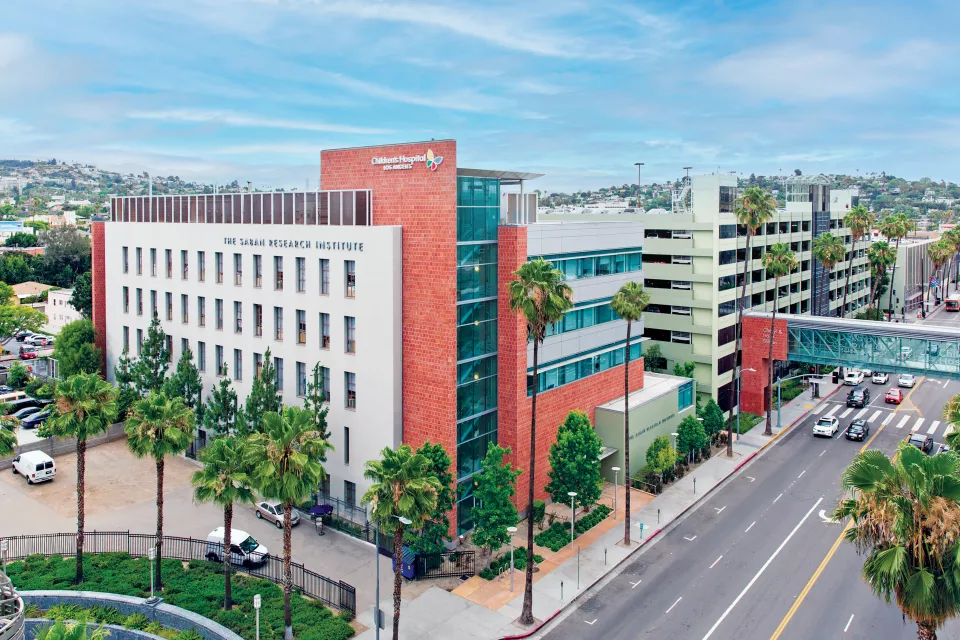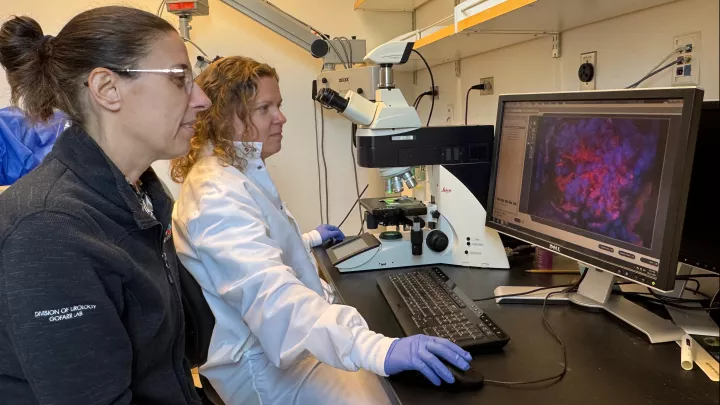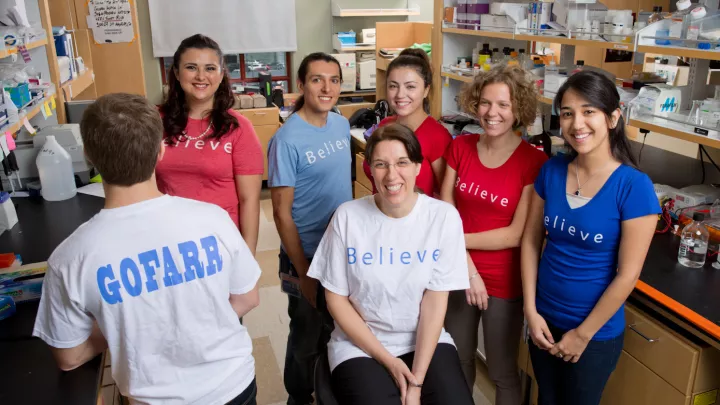The Perin Laboratory studies the mechanisms regulating kidney disease and pediatric kidney cancer. We use regenerative approaches including extracellular vesicles, stem cells, cancer stem cells, and developmental biology to find new therapies for halting progressive kidney damage and kidney cancer.
About the Lab
Chronic kidney disease (CKD) is a major health problem affecting 11-15% of Americans, with glomerular diseases accounting for 70% of people with CKD. Currently, there are no effective therapies for patients with chronic kidney disease and when kidney function is lost, the only treatment options are dialysis or transplantation.
The Perin Laboratory studies the mechanisms that regulate kidney disease and pediatric kidney cancer. We use multiple regenerative approaches to find new therapeutic approaches for halting progressive kidney damage and the growth of kidney cancer. Our projects include studying:
- Stem cells and extracellular vesicles—the role of extracellular vesicles in delaying the progression of renal damage, primarily focusing on Alport Syndrome.
- MicroRNA (miR) in chronic kidney disease—the role of small, single-stranded, non-coding RNA molecules to interrogate and explore the cell processes leading to kidney deterioration.
- Cell cycle—the mechanisms that regulate cell cycle in kidney cells, specifically in the podocyte, the cells in charge of ultrafiltration, and their involvement in the progression of kidney diseases
- Diet—how dietary regimen can affect and halt the progression of chronic kidney disease in experimental models and in patients affected by progressive kidney disease.
- Cancer stem cells—the role of cancer stem cells in driving the development of pediatric kidney cancers such as Wilms Tumor.
Funding
The Perin Lab is funded by 3 NIH grants (R01DK121037, R01DK133459, 2R44DK12765902), the GOFARR FUND and the CHLA Team Science Grant.



